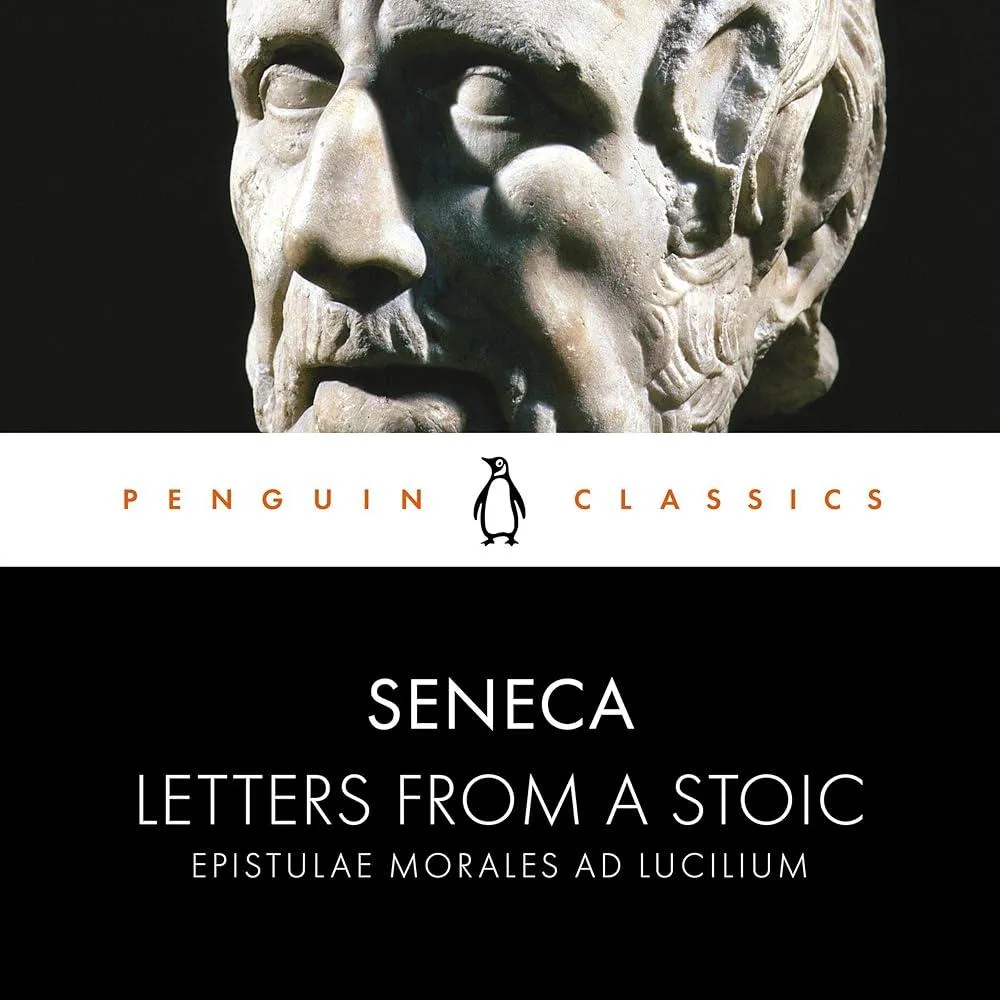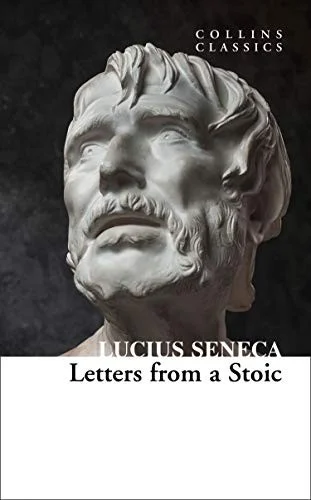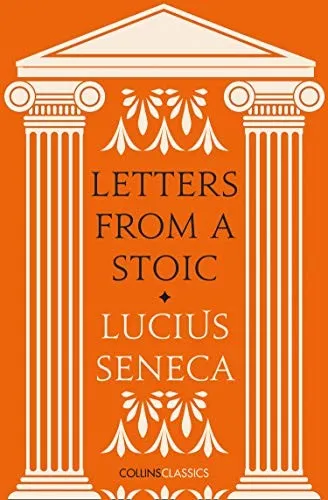
HarperCollins is proud to present its incredible range of best-loved, essential classics. 'Where you arrive does not matter so much as what sort of person you are when you arrive there.' Lucius Annaeus Seneca (4BC - AD 65) is one of the most eminent Roman philosophers. Instrumental in guiding the Roman Empire under emperor Nero, Seneca influenced him from a young age with his Stoic principles. Later in life, Seneca wrote Epistulae Morales ad Lucilium, or Letters from a Stoic, detailing these principles in full, sharing the many traditional themes of Stoic philosophy, such as the contempt of death, the value of friendship and virtue as the supreme good. Using Gummere's translation from the early twentieth century, this selection of Seneca's letters shows his belief in the ethical ideas of Stoicism and continues to provide practical, personal counsel for readers seeking guidance in the turbulent twenty-first century.
Lucius Seneca
Lucius Seneca, also known as Seneca the Younger, was a Roman philosopher, statesman, and playwright who lived from 4 BC to 65 AD. His most notable works include philosophical essays such as "Moral Letters to Lucilius" and "On the Shortness of Life," as well as his tragedies, including "Phaedra" and "Medea." Seneca's writing style is characterized by its practicality, moral wisdom, and stoic philosophy. He greatly influenced the development of the essay form and his works continue to be studied for their insights into ethics and human nature. Seneca's most famous work is "Letters from a Stoic," a collection of letters offering advice on how to live a meaningful and virtuous life.

